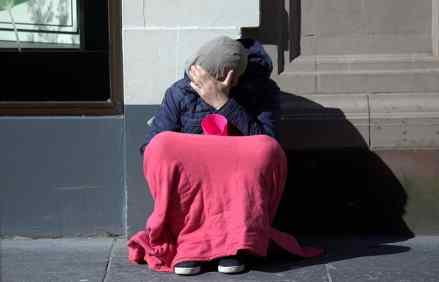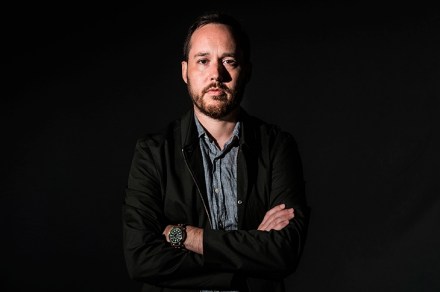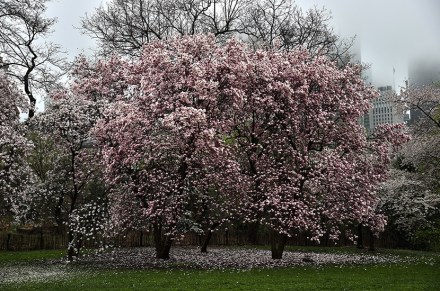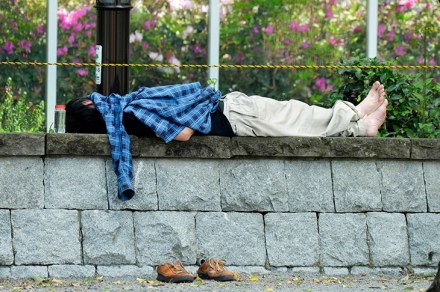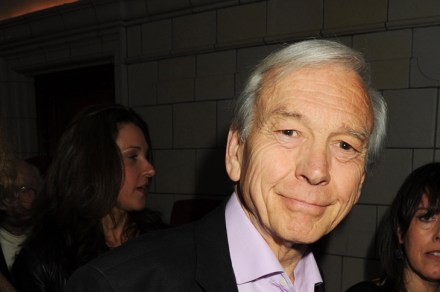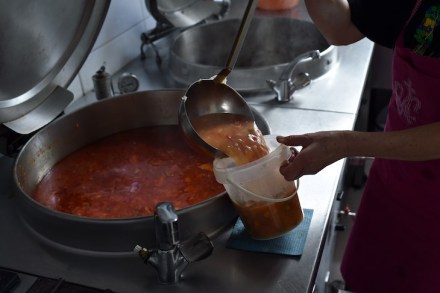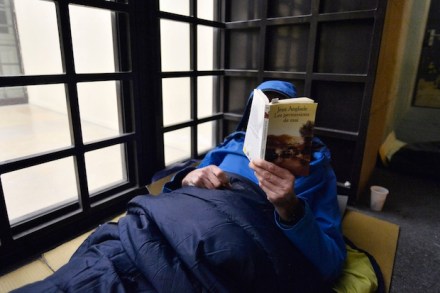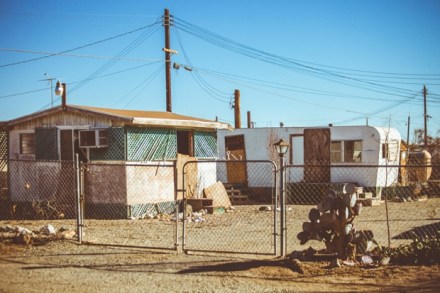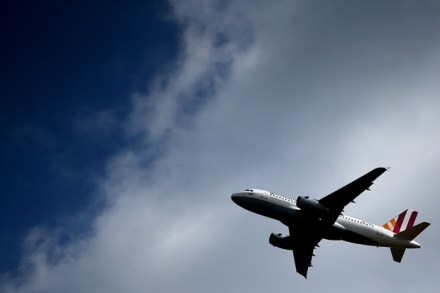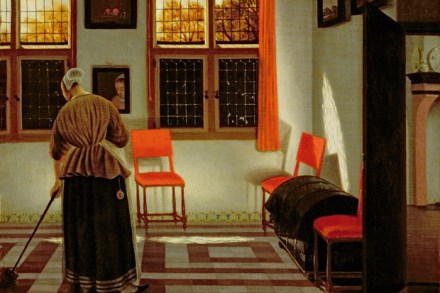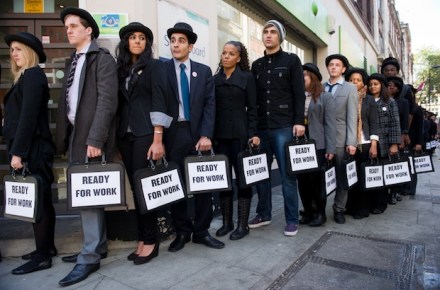The Everybody Inn: what happened when a hotel opened its doors to the homeless?
What do you do when you pass someone sleeping or begging in the street? I’ll tell you what I do: pretty much the bare minimum to appease my conscience. Pound coins distributed, some names asked for and learned, sandwiches and snacks for those outside supermarkets (Müller Corners and bottles of chocolate milk particular favourites). After reading this book I realise there is rather a lot more I could be doing. And indeed a lot more others, particularly the government, could be considering. Here is how Christina Lamb describes what Mike Matthews, owner of the historic Prince Rupert Hotel in Shrewsbury, was doing a few years before the pandemic struck: He
